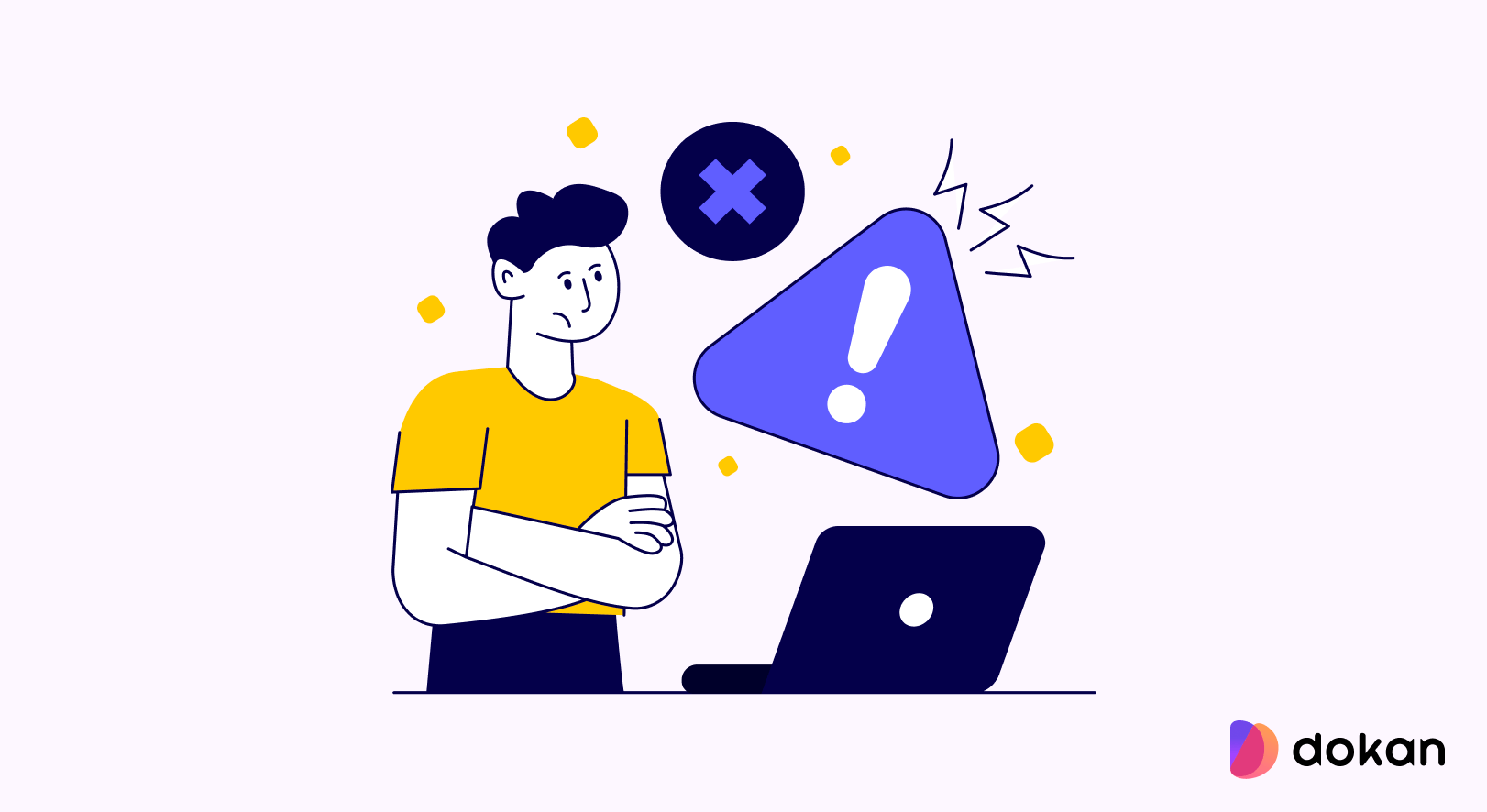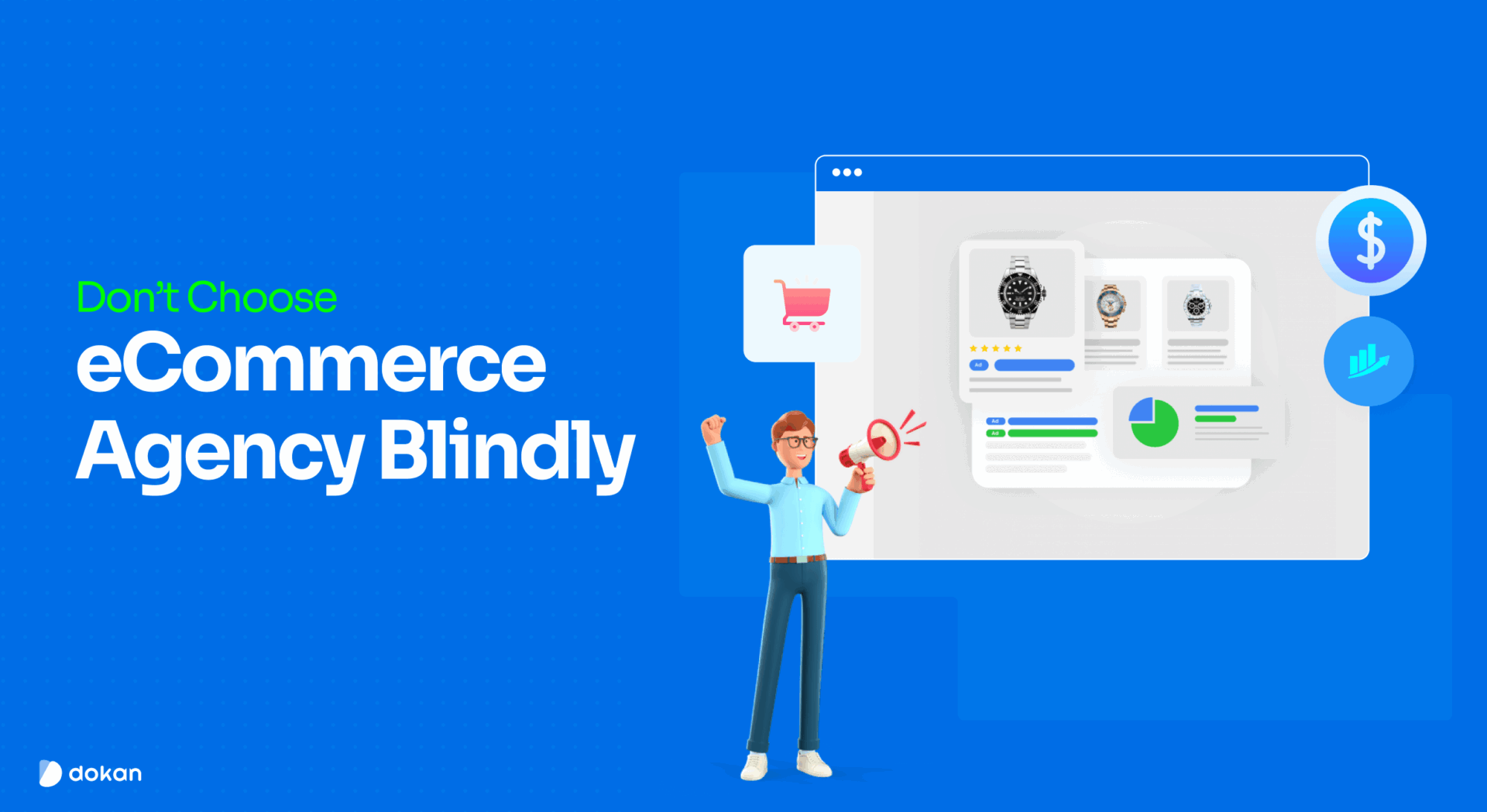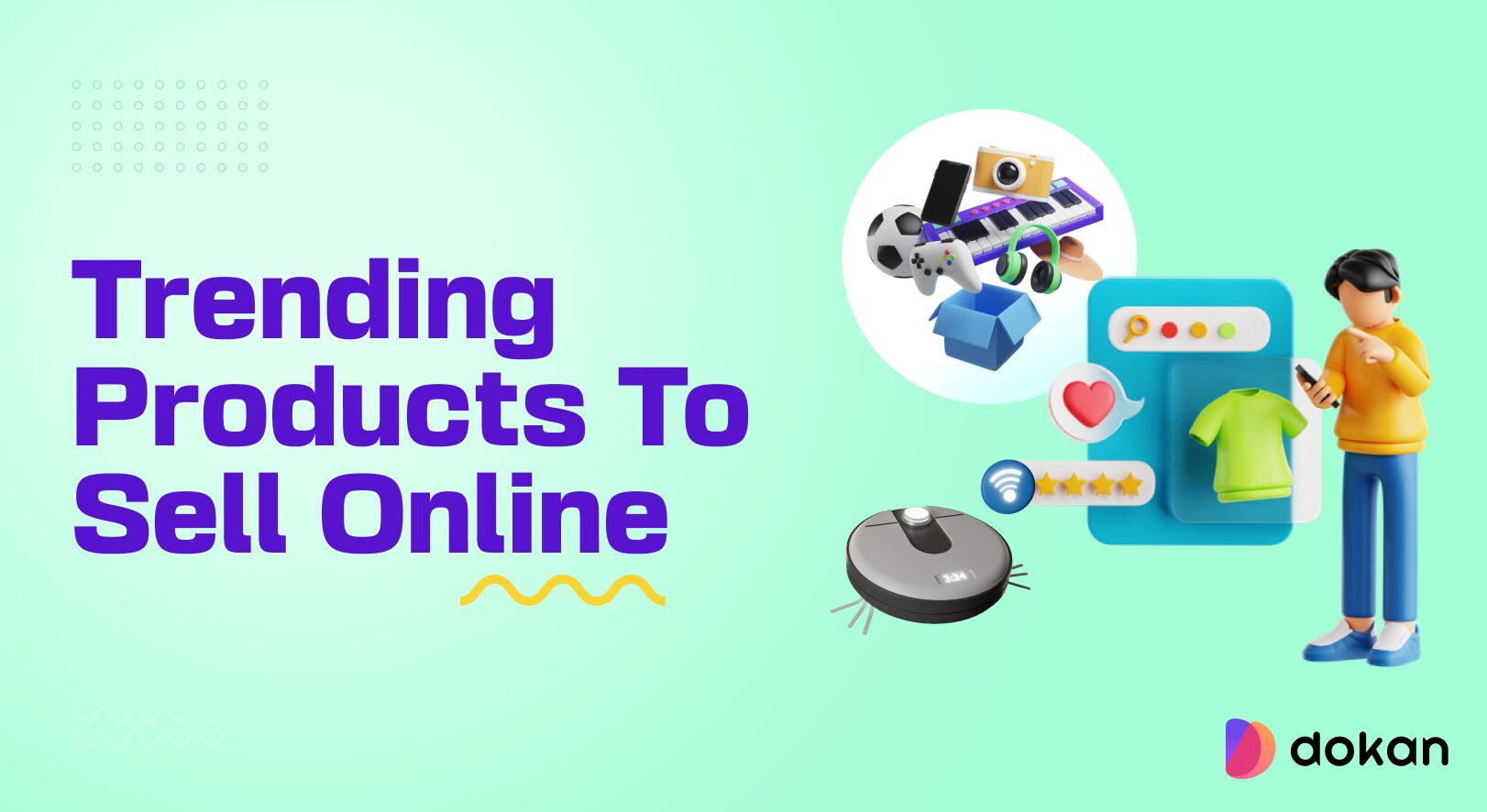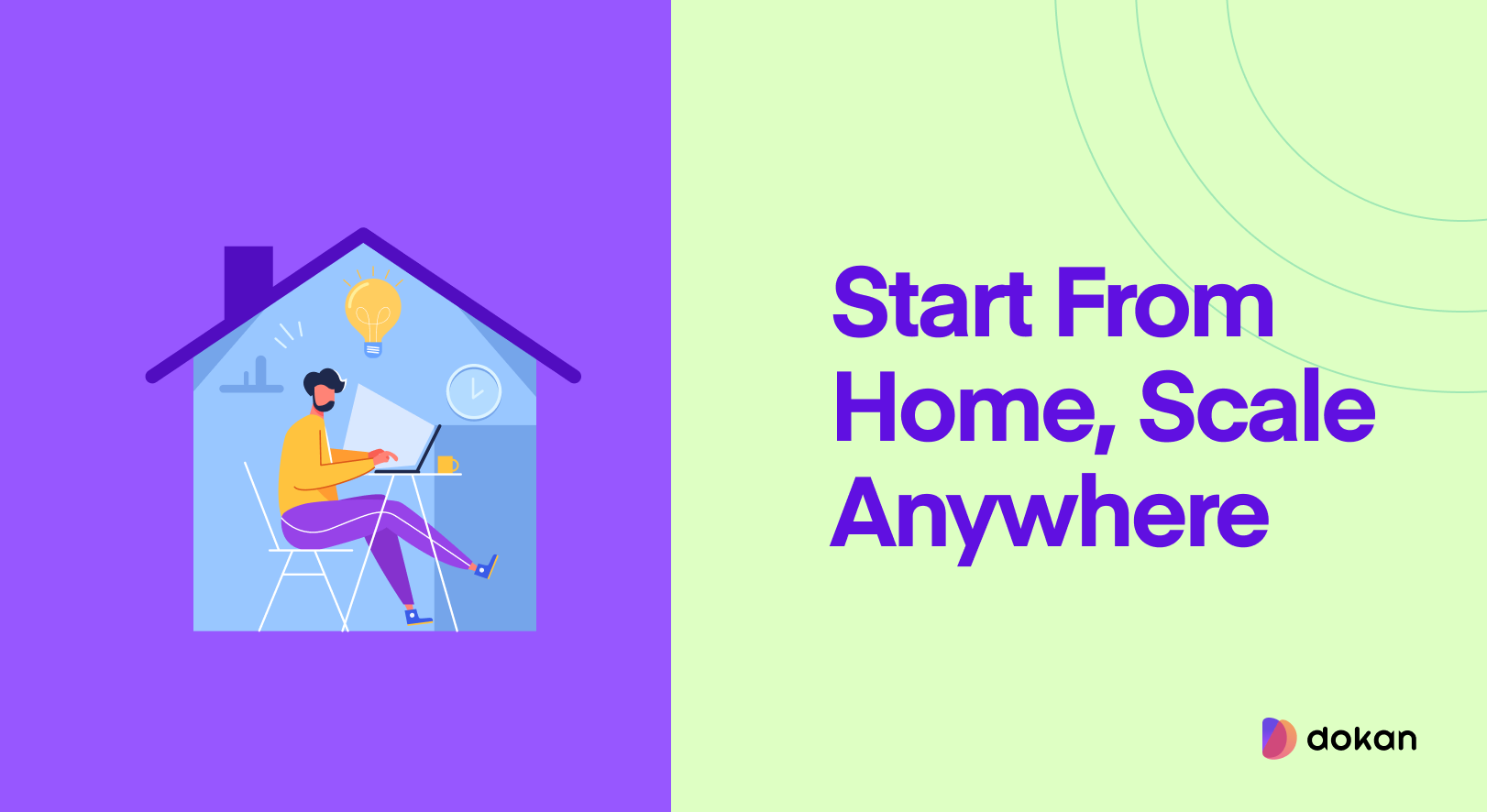Hiring an eCommerce agency may sound simple, but it often isn’t.
There are thousands of options out there. Some are good. Some are all talk and no results. And some just don’t fit your business at all.
If you pick the wrong one, things can go south fast. Delays, wasted money, poor support, you name it. But the right agency? It can make your eCommerce journey smoother, faster, and a lot more profitable.
If you are wondering how to choose an eCommerce agency, no worries. In this comprehensive guide, we will show you what you really need to look for when choosing an eCommerce agency.
So, without any further ado, let’s get started!
Why the Right Agency Matters
Choosing the right agency can make or break your eCommerce project. It’s not just about looks or code. It’s about setting your business up for success from day one.
Here’s why it matters:
- Faster Time to Launch: Experienced agencies know what they’re doing. They don’t waste time figuring things out. You get your store up and running faster.
- Fewer Mistakes: A good agency avoids the common errors that cost time and money. They’ve seen the pitfalls and they know how to dodge them.
- Better Performance: From speed to user experience, they focus on things that directly impact your sales. Not just design for the sake of design.
- Scalable Solutions: They don’t just build for now. They build for where your store is going. That means fewer reworks down the line.
- Strategic Thinking: It’s not just about what you want. It’s also about what works. A great agency will challenge bad ideas and suggest better ones.
Going with the right team means less stress and more progress.
How to Choose an eCommerce Agency – Key Factors to Consider

Not all agencies are built the same. Some are great at custom development. Others focus more on design or marketing.
Before you hire anyone, you need to know what to look for. The right agency should match your goals, understand your platform, and have a solid track record.
Let’s break down the key things you should check before making a decision.
Now, let’s get into the details!
I. Experience with Your Platform
Every eCommerce platform has its own rules and quirks. If an agency knows your platform well, they can work faster and avoid costly mistakes.
For example, if you’re using WooCommerce with Dokan for a multivendor marketplace, the agency should have hands-on experience with both. That means they understand how vendors, products, and payments work together.
Without this experience, they might struggle with key features or take longer to fix issues. You want a team that already knows the ropes.
Choosing an agency familiar with your platform saves time and gives you a smoother build process.
II. Portfolio & Case Studies
Looking at an agency’s past work shows you what they can really do.
A strong portfolio means they’ve built stores like yours before. You can see their style, skills, and quality.
Case studies add more value. They tell you how the agency solved problems and helped clients grow sales or traffic. Numbers and results speak louder than words.
Ask for examples that match your business type or goals. If they have experience with multivendor marketplaces or Dokan projects, even better.
Checking their portfolio helps you avoid surprises and pick an agency that fits your needs.
III. Client Reviews and Testimonials
Reviews and testimonials show you what it’s really like to work with an agency.
They reveal how well the team communicates, meets deadlines, and handles problems. Sometimes, an agency might look great on paper but fail to deliver in real life.
Check trusted review sites like Clutch, Trustpilot, or even Google. Look for patterns,
- Are clients happy with their work?
- Did the agency handle issues professionally?
Also, read the testimonials on the agency’s website. But take those with a grain of salt since they’re often handpicked.
An agency that values feedback will respond to negative reviews and work to improve. That shows integrity. By trusting real client experiences, you lower the risk of picking the wrong agency.
IV. Technical Expertise
Building an eCommerce store needs more than just basic skills. The agency should know how to handle complex tasks.
Ask if they can customize your store beyond standard templates. Can they integrate payment gateways, shipping tools, or third-party apps?
For example, if you need a multivendor marketplace with Dokan, they should know how to build custom features or fix plugin conflicts.
Strong technical skills mean fewer bugs and a smoother user experience. It also means your store can grow without hitting limits.
Choose an agency that can solve technical challenges, not one that avoids them.
V. Marketing and SEO Knowledge
A good-looking store isn’t enough if no one finds it.
Your agency should understand the basics of SEO and eCommerce marketing. That includes clean site structure, fast loading times, mobile optimization, and SEO-friendly URLs.
They should also know how to set up tracking tools like Google Analytics or Facebook Pixel. This helps you measure performance and plan better campaigns.
If they can help with email marketing, upsells, or conversion strategies, that’s a bonus.
You don’t need a full-blown marketing agency. But your development team should build with growth in mind.
VII. Post-Launch Support
Launching your store isn’t the end. It’s just the start.
You’ll likely run into small bugs, updates, or feature requests after going live. That’s where post-launch support comes in.
A good agency doesn’t disappear once the project is done. They stay available to help you fix issues, apply updates, or improve performance.
Ask what kind of support they offer. Is it included for a few weeks? Do they have a monthly maintenance plan?
You don’t want to chase them down every time something breaks. Pick a team that sticks around and supports your growth.
VIII. Budget & Pricing Transparency
When you’re hiring an agency, pricing should be clear from the start. You shouldn’t have to guess what you’re paying for.
A reliable agency will give you a detailed breakdown of the cost. That includes design, development, plugin integrations, testing, and post-launch support. You should also know if you’re being billed hourly or per project.
Ask about possible extra charges, too. For example, will you need to pay more for future updates? Is there a fee for urgent fixes or last-minute changes?
If the pricing sounds too vague or keeps shifting, that’s not a good sign. It usually leads to surprise invoices and tension later on.
Transparency builds trust. You want an agency that respects your budget and communicates clearly about every dollar you spend.
Red Flags to Avoid When Choosing an eCommerce Agency

Not every agency is as good as it claims to be. Some might talk big but deliver little.
To avoid wasting your time and money, you need to know the warning signs. These red flags can help you spot problems early, before you sign a contract.
Let’s go over the common ones you should watch out for!
Now, let’s describe each point briefly for you!
(i) Vague timelines
If an agency can’t give you a clear timeline, that’s a problem.
You don’t need exact dates for everything. But you should have a rough idea of how long each phase will take – design, development, testing, and launch.
A vague timeline often means they don’t have a proper process. Or they might be juggling too many projects at once.
That usually leads to delays, missed deadlines, and frustration on your end.
Always ask for a detailed timeline before you start. If they can’t give one, look elsewhere.
(ii) No portfolio
If an agency has no portfolio to show, that’s a major red flag.
A solid agency should have real examples of past work. You don’t need dozens of fancy designs, just proof that they’ve actually built eCommerce sites before.
No portfolio usually means one of two things: they’re brand new, or they don’t have good work to share. Neither is great if you’re investing real money into your business.
Ask to see live websites they’ve built. If they avoid the question or make excuses, walk away.
(iii) Poor communication
If an agency takes too long to reply or gives unclear answers, take that as a warning.
Good communication is key to a smooth project. You need updates, honest feedback, and quick responses when something goes wrong.
If you’re always chasing them for answers during the early stages, imagine what it’ll be like mid-project.
Watch how they communicate from the first call or email. Are they listening? Are they explaining things clearly? Are they consistent?
If communication feels off, it usually gets worse, not better.
(iv) Too cheap to be true
If the price sounds way lower than others, that’s usually a red flag.
Everyone loves a good deal. But in web development, you get what you pay for. Super low rates often mean poor quality, rushed work, or hidden costs later.
Cheap agencies might skip proper testing, use bloated templates, or outsource everything without oversight.
It might seem like you’re saving money upfront. But fixing their mistakes later can cost you more.
Always compare the price with the value they offer. If it feels too good to be true, it probably is.
(v) No clear process
A professional agency should have a clear, step-by-step process.
They should walk you through how things will move, from the first meeting to launch. That includes planning, design, development, testing, and support.
If they’re vague or disorganized about how they work, that’s a problem. It often leads to confusion, missed steps, and a messy project.
You don’t want to be guessing what’s happening next. A clear process means fewer surprises and better results.
If they can’t explain how they work, they’re probably not ready to handle your project.
How to Choose an eCommerce Agency – Quick Recap
Choosing the right agency is about more than price or promises.
Look for these key things:
- Experience with your platform
- A solid portfolio with real results
- Honest client reviews
- Strong technical skills
- Basic marketing and SEO knowledge
- Reliable post-launch support
- Clear and fair pricing
Watch out for red flags like vague timelines, no portfolio, poor communication, prices that are too low, and a messy process.
Take your time. Ask questions. Trust your gut. A good agency will make your eCommerce journey smoother and set you up for success.
After launching your eCommerce business, you need to generate sales to survive and grow. Learn how you can make your first 100 sales from our expert.
Now, if you have any queries related to this blog post, use the comment box to share them with us. We would appreciate your efforts. Take care!
Subscribe to
Dokan blog
We send weekly newsletters, no spam for sure!







Leave a Reply